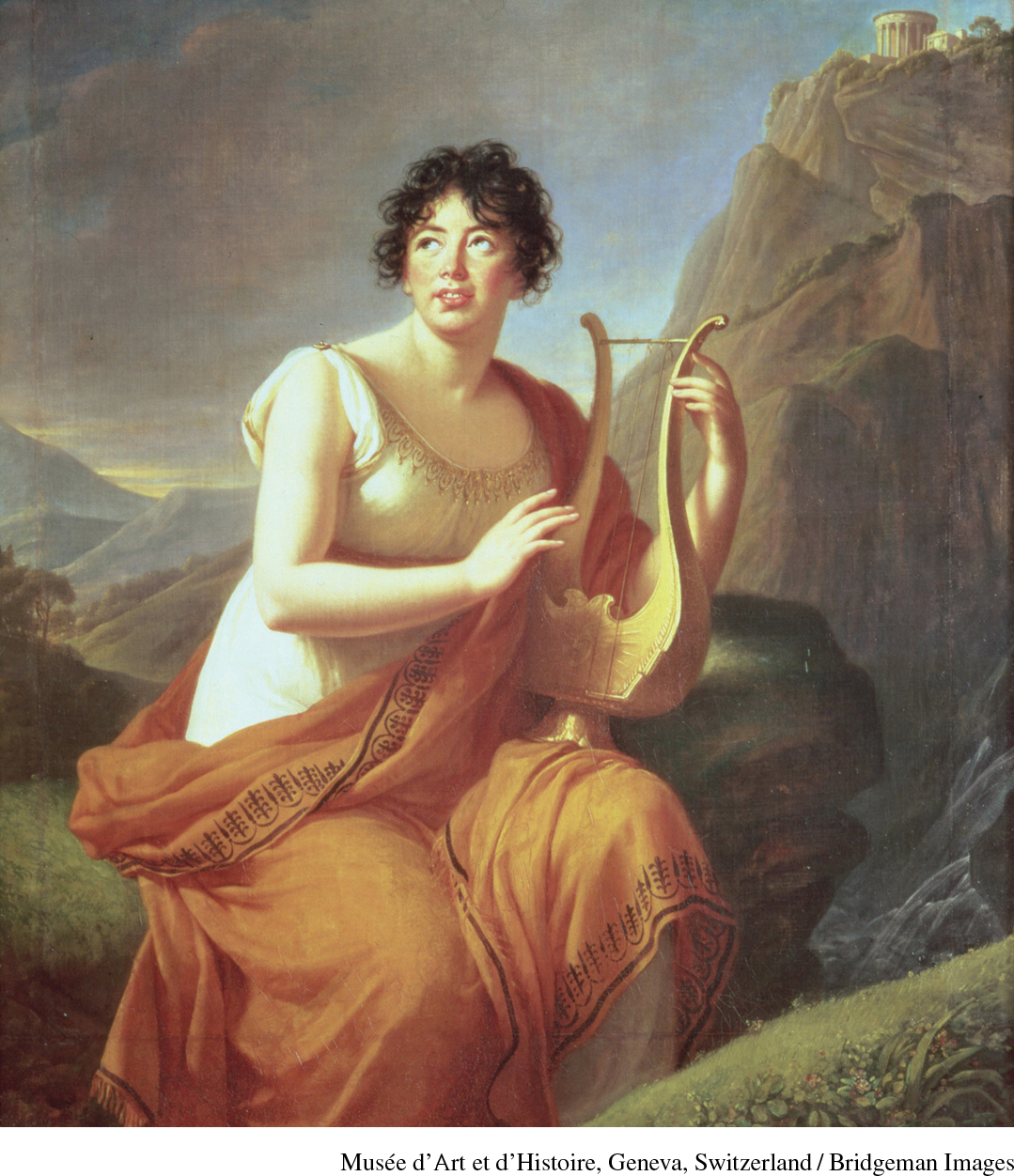Patronage of Science and Intellectual Life
Patronage of Science and Intellectual Life

An impressive outpouring of new theoretical and practical scientific work rewarded Napoleon’s efforts to promote science. Experiments with balloons led to the discovery of laws about the expansion of gases, and research on fossil shells prepared the way for new theories of evolutionary change later in the nineteenth century. The surgeon Dominique-Jean Larrey developed new techniques of battlefield amputation and medical care during Napoleon’s wars, winning an appointment as an officer in the Legion of Honor and becoming a baron with a pension.
Napoleon aimed to modernize French society through science, but he could not tolerate criticism. Napoleon considered most writers useless or dangerous. Among those forced into exile was Anne-Louise-Germaine de Staël (1766–1817), the daughter of Louis XVI’s finance minister, Jacques Necker. When explaining his desire to banish her, Napoleon exclaimed, “She is a machine in motion who stirs up the salons.” While exiled in the German states, de Staël wrote Corinne (1807), a novel whose heroine is a brilliant woman thwarted by a patriarchal system, and On Germany (1810), an account of the important new literary currents east of the Rhine. Her books were banned in France.
REVIEW QUESTION In what ways did Napoleon continue the French Revolution, and in what ways did he break with it?
Although Napoleon restored the strong authority of state and religion in France, many royalists and Catholics still criticized him as an impious usurper. François-René de Chateaubriand (1768–1848) admired Napoleon as “the strong man who has saved us from the abyss,” but he preferred a restored Bourbon monarchy. In his view, Napoleon had not properly understood the need to defend Christian values against the Enlightenment’s excessive reliance on reason. Chateaubriand wrote his Genius of Christianity (1802) to draw attention to the power and mystery of faith. His book appeared during a rare lull in wars that soon engulfed much of Europe.